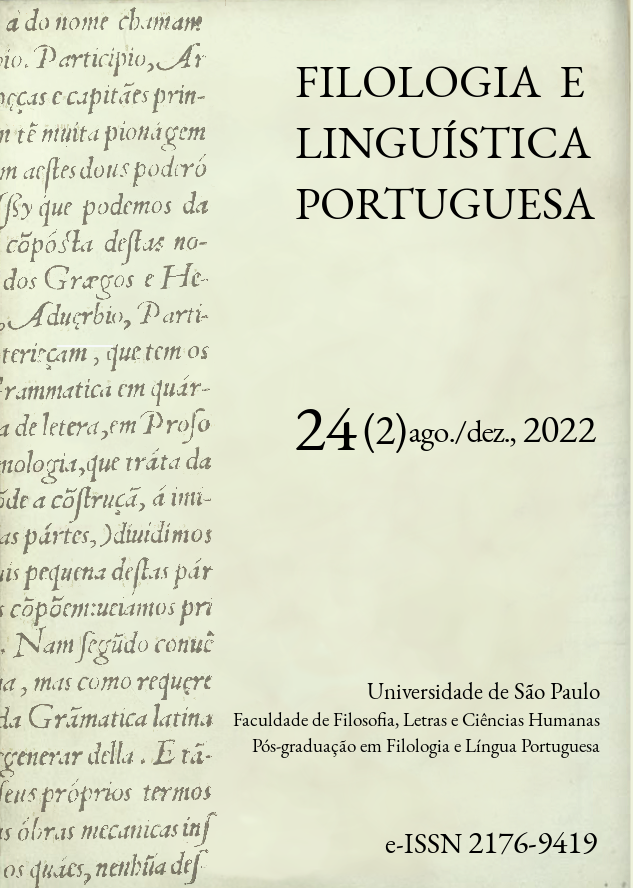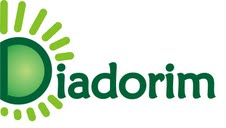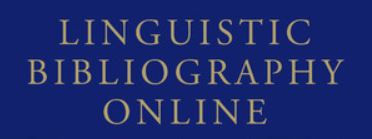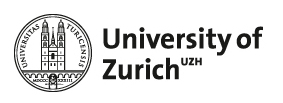The phenomenon of Consciousness as Literature
DOI:
https://doi.org/10.11606/issn.2176-9419.v24i2p227-243Keywords:
Consiousness and literature, António Damásio, Cultural homeostasis, Narrative mind, IntertextvitalityAbstract
This essay is based on António Damásio's theories on the functioning of Consciousness and intends to answer the following question: is Consciousness a narrative and fictional phenomenon? Thus, in a neurophilosofical perspective, I will deepen and develop some of the ideas proposed by the neuroscientist, in order to inquire whether the emergence processes of Consciousness are phenomena that we can categorize as eminently literary or not. Therefore, I will analyze to what extent and how.
Downloads
References
Ackerman J. The genius of birds. New York, London: Pinguin Books; 2017.
Chalmers DJ. The conscious mind: in search of a fundamental theory. Oxford: Oxford University Press; 1996.
Damásio A. O livro da consciência: a construção do cérebro consciente. Santos LO, tradutor. Lisboa: Temas e Debates/Círculo de Leitores; 2010.
Damásio A. O sentimento de si: corpo, emoção e consciência. Versão portuguesa a partir do original em inglês revista e anotada pelo autor. Lisboa: Temas e Debates/Círculo de Leitores; 2013[1999].
Damásio A. A estranha ordem das coisas: a vida, os sentimentos e as culturas humanas. Santos LO, tradutor. Lisboa: Temas e Debates/Círculo de Leitores; 2017.
Damásio A. Entrevista a António Damásio para as Fronteiras do Pensamento. In: Fronteiras do Pensamento; 2017a. Disponível em: https://www.youtube.com/watch?v=SIj3hOMaIIM.
Damásio A. Sentir & saber. Lisboa: Temas e Debates/Círculo de Leitores; 2020.
Damásio A, Kaplan J, Man K. Decoding the neural representation of story meanings across languages. Human Brain Mapping. 2017sep.;1-11. Disponível em: https://onlinelibrary.wiley.com/doi/abs/10.1002/hbm.23814.
Dennett D. Consciousness explained. New York, Boston, London: Back Bay Books/Little Brown and Company; 1992.
Easterlin N. The functions of literature and the evolution of extended mind. New Literary History. 2013fall;44(4):661-82.
Fisher WR. Human communication as narration: toward a philosophy of reason, value and action. Columbia: University of South Caroline Press; 1987.
Frankl VE. Man’s search for meaning: the classic tribute to hope from the holocaust. London: Ebury Publishing/Penguin Books; 2004.
Godfrey-Smith P. Outras mentes: o polvo, o mar e a origem profunda da consciência. Rosado PG, tradutor. 2.ª ed. Lisboa: Temas e Debates/Círculo de Leitores; 2017.
Herman D. Narrative theory and the cognitive sciences. California: Center for the Study of the Language and Information, Stanford University; 2003.
Herman D. Storytelling and the sciences of the mind. Cambridge: Mit Press/Massachusetts Institute of Technology; 2013.
Hogan PC. Cognitive science, literature and the arts: a guide for humanists. New York and London: Routledge; 2003.
Hogan PC. The mind and its stories: narrative universals and human emotion. Cambridge: Cambridge University Press; 2003a.
Lodge D. A consciência do romance. Chaves AM, tradutora. Lisboa: Asa; 2009[2002].
Sheldrake R. Dogs that know when their owners are coming home: and other unexplained powers of animals. New York: Three Rivers Press/Random House; 2011.
Torday JS. Homeostasis as the mechanism of evolution. In: Evolution: the logic of biology; 2017. p.189-200. Disponível em: https://www.researchgate.net/publication/318420774_Homeostasis_as_the_Mechanism_of_Evolution
Downloads
Published
Issue
Section
License
Copyright (c) 2022 Luís Carlos S. Branco

This work is licensed under a Creative Commons Attribution-NonCommercial 4.0 International License.
Copyright is transferred to the journal for the online publication, with free access, and for the printing in paper documents. Copyright may be preserved for authors who wish to republish their work in collections.



















